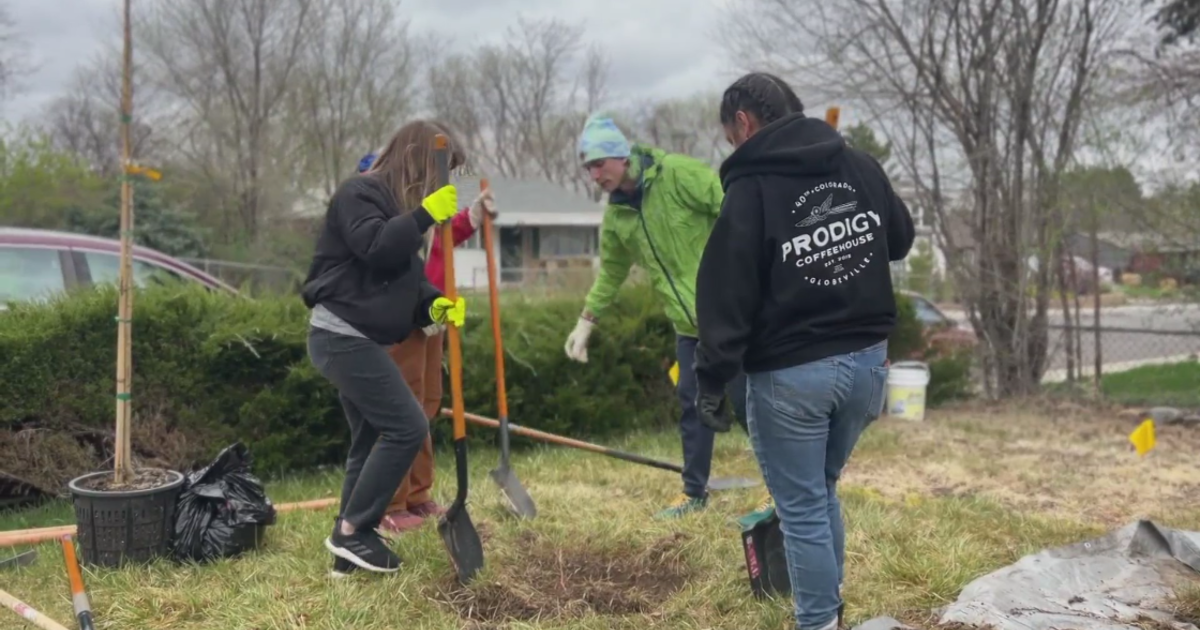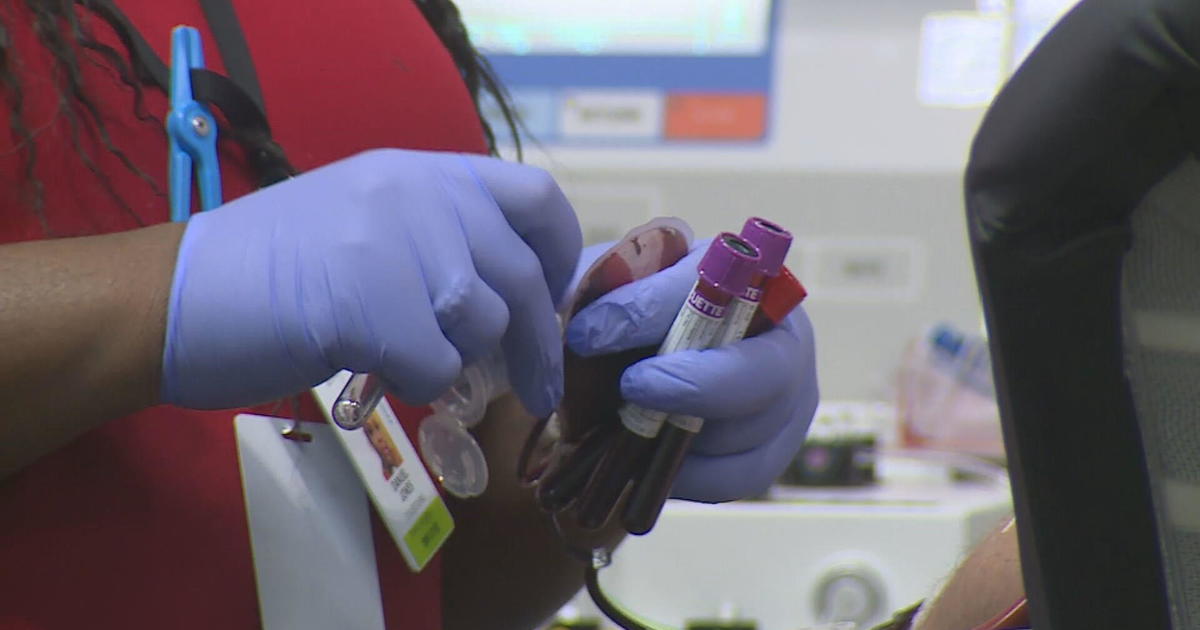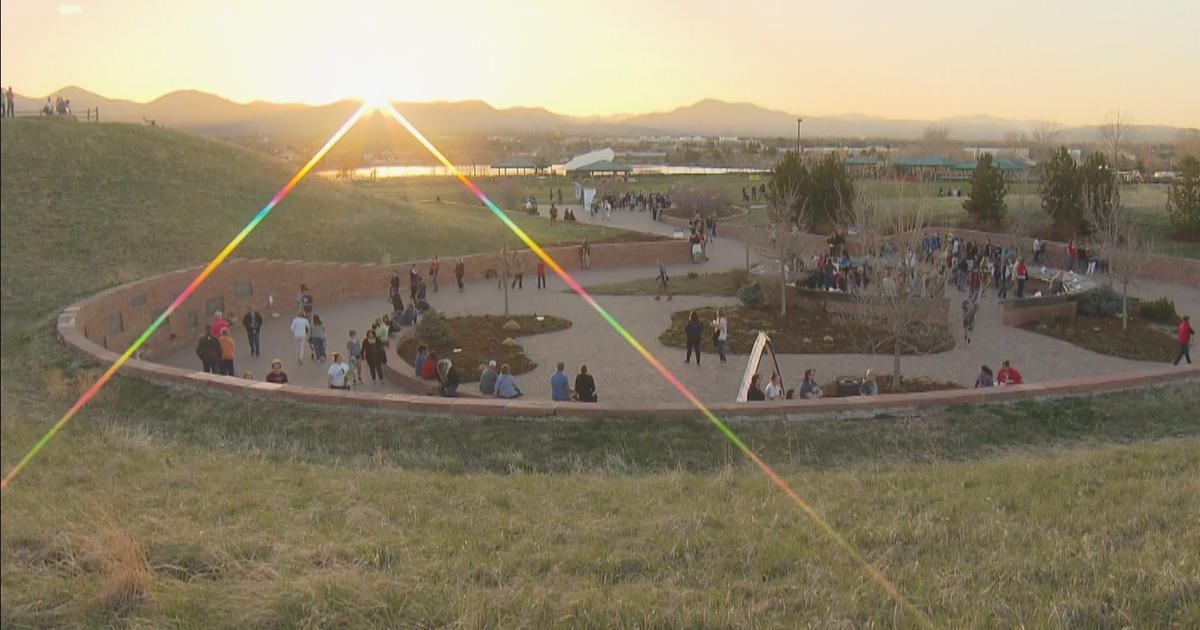Pioneering Denver Social Enterprise Tackles Women's Poverty
DENVER (AP) - The workers measuring out dry beans and fragrant spices at a Denver manufacturing plant aren't just assembling soup mixes sold in 500 stores in 40 states. They're trying to put back together lives shattered by homelessness, abuse, addiction, mental illness or crime.
They work for the Women's Bean Project, a nonprofit concerned with revenues but also working for a social good, in this case, offering job training to women viewed as unemployable.
But after a quarter century in business, Women's Bean has learned that breaking the cycle of poverty can take generations. The concept of social entrepreneurship that it helped pioneer faces questions about its ability to improve lives over the long term and to balance the demands of the marketplace with the needs of vulnerable employees.
The goods produced by Women's Bean have found a foothold in the marketplace.
Women's Bean's customers include King Soopers and Safeway grocery stores. Its jewelry and artfully packaged soup, cookie and brownie mixes are sold in small shops like Sojourns in Birmingham, Alabama, and the Plowshare Center in Waukesha, Wisconsin. They're online at Amazon, Overstock and Walmart. Its annual food sales are $1.3 million.
Tricia Moriarty, Walmart's director of global responsibility communications, said offering Women's Bean products is a win-win because most Walmart customers are women, and they want to buy products from women. In 2011, Walmart launched a campaign to buy more from women-owned companies. It later broadened that initiative to companies whose workforces are largely female.
During nine-month stints at Women's Bean, the employees are grouped into classes of about three dozen. They spend 70 percent of their time working and 30 percent training on computers, taking workshops on parenting or job interview skills. They leave with light manufacturing skills, experience in shipping, forklift driving and clerical work and training on how to set goals.
They are paid just over the minimum wage of $8.23 an hour and aren't docked when they have to take time off to see a therapist or a probation officer.
Kathrine Lewis, 49, assembles bean soup orders. She heard about the project at a halfway house after serving seven months in county jail for theft and living on the streets for more than a decade. With Denver's booming economy pushing up rents, she's uncertain about finding a home.
"Am I going to be homeless again?" she said.
Women's Bean CEO Tamryn Ryan expressed concern about the ability of graduates to break the cycle of unemployment. She said the daughters of women who have been to the project have gone through the nine-month course. She hopes the next generation, the granddaughters, will be able to build on their mothers' successes.
"My biggest fear is that in 20 years, we're serving the daughters of the women we're serving today," Ryan said. "I have women telling me, over and over, 'When I grew up, I never knew anyone who had a job.' Having a productive life comes from having had role models who had that."
LINK: Women's Bean Project
- By Donna Bryson, AP Writer
(© Copyright 2015 The Associated Press. All Rights Reserved. This material may not be published, broadcast, rewritten or redistributed.)



